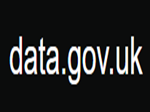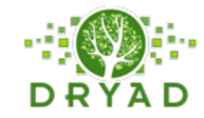Open Data
Most open data are either datasets created by an organisation for a specific purpose (e.g. census data) and data resulting from academic research. Data from government organisations tend to have specific formats and supporting documentation that enable the data to be easily accessible and understandable. Academic research data on the other hand, is only now beginning to be required by funders and the standard of datasets produced by academic researchers vary in terms of quality and reproducibility.
“Open data and content can be freely used, modified, and shared by anyone for any purpose.”
The main issue with open data is not the amount of available data, but whether the data is in a useable format with sufficient documentation to enable it to be beneficial or useful to anyone else.
At the University of Northampton all our researchers are required to create a dataset on completion of a research project that is stored within our institutional repository, Pure. Our research support staff work with our researchers to ensure that the data in the datasets is meaningful and in file formats that can be preserved and reused. Published datasets from the University of Northampton are stored in our Research Explorer.








